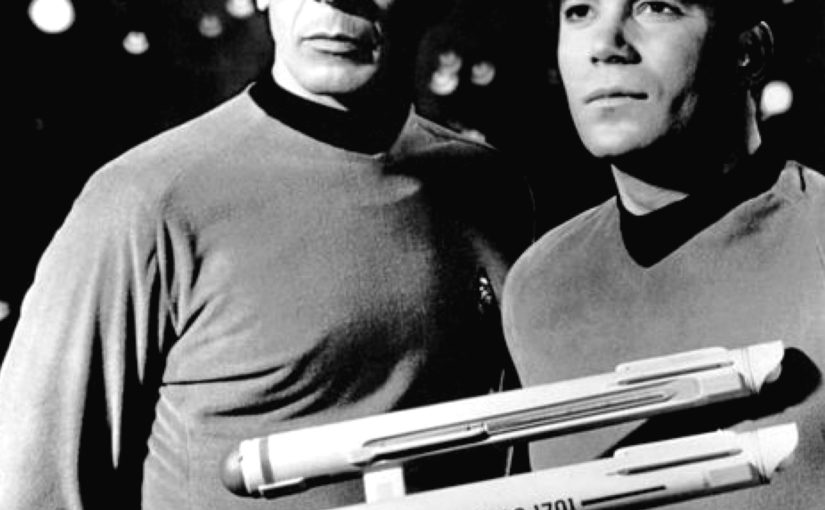WIKI COMMONS | PHOTO COURTESY
Thinking most likely about not getting paid, but living the life of luxury.
Sources have stated that some people have been confirmed to return for another Star Trek movie in the future. Chris Pine has signed a contract to return as Captain Kirk, and Zachary Quinto has signed on to reprise his role as Spock (it’s only logical). Chris Hemsworth, known for his role as Thor, is planned to return as Captain Kirk’s father.
However, in a twist, it’s been rumored that there is a possibility that Quentin Tarantino may direct the next Star Trek movie. It’s been said that Tarantino has had an idea that he felt would be good for the next Star Trek film and has been working with J.J. Abrams, who has produced that last three installments of Star Trek.
This brought recollections of this book called Trekonomics: The Economics of Star Trek by Manu Saadia, a nearly life-long fan of science fiction, especially of Star Trek. Saadia has studied history of science as well as economic history in Chicago, Illinois and in Paris, France.
In his book Trekonomics, Saadia mentions a post-scarcity economy, where goods can become readily accessible with minimal need for human labor. This is made possible, thanks to the invention of the replicator in Star Trek.
With the invention of the replicator, there is no system of currency in Star Trek. This means that there is no need to barter, buy or sell things. With that in mind, there’s no use of starting a new business because there’s no motive in making a profit. As the replicator can make just about anything, people would not bother going somewhere to pay for something when they can make something out of thin air for free. Hence, the notion of working for a living is entirely non-existent. And so there’s no need to keep track of things like inflation, unemployment rate or other economic indicators that we in the United States and other parts of the world apparently need to keep track of.
However, we see that in Star Trek, they still have some form of government, a chain of command, tasks to achieve and a common good to strive for.
In the book, Saadia writes,“In short, everyone in the Federation seems very busy and hard at work, yet nobody gets paid. It sounds like a rotten deal.” But two paragraphs earlier, he writes, “It is almost a paradox to state it this way, but in a society where nothing is scarce and consequently where work is no longer a pre-requisite for survival, finding good reasons to work becomes paramount, the defining existential question that everyone has to ask themselves. Why work at all if it’s not necessary? Because learning, making, and sharing is what makes life in the Federation worth living. Work, no longer a necessary burden, is the glue that holds the Federation together. It is the social bond and the social contract that impart substance and significance to life. Work, its life-affirming power, is why aliens and artificial life-forms are so eager to join the Federation.”
This makes Star Trek seem almost like a utopian society because who wouldn’t want to live in a world where third-world countries are not always in miserable conditions, where people around the world aren’t always disconnected from each other while they check their cell phone every two seconds and many other modern-day complaints? That’d be fantastic. Sign me up right now.
It’d be interesting to see what Tarantino’s interpretation of Star Trek turns out. I didn’t grow up very big on science fiction phenomena like Star Wars and Star Trek, but the next Star Trek movie should be a fun one when it comes out.
Live long and prosper.
